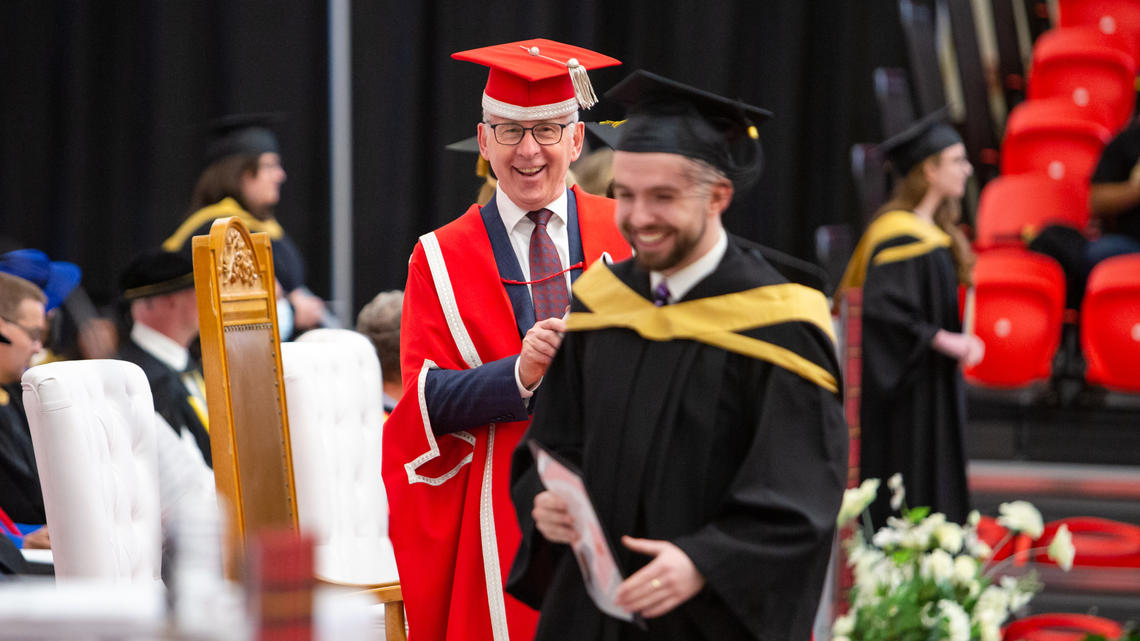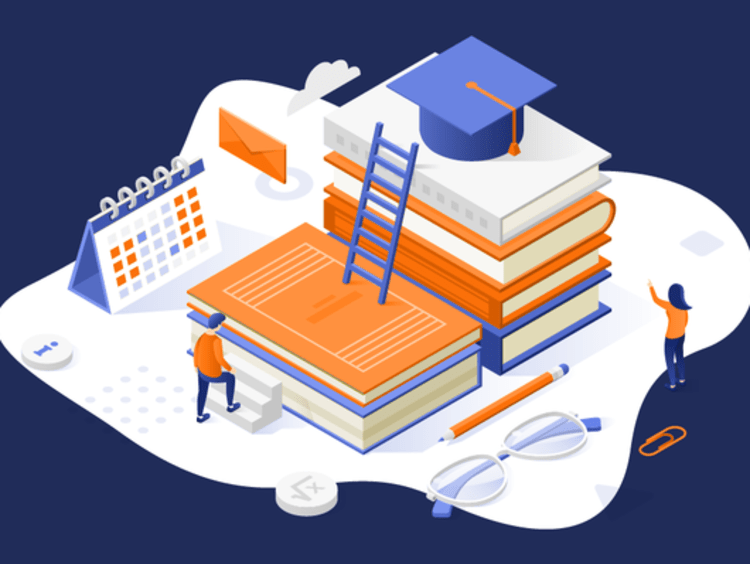University Career Services That Transform Your Future

Navigating the transition from university to the professional world can be both exhilarating and daunting. While academic excellence lays the foundation, it is the strategic guidance offered by university career services that often makes the critical difference. These services do more than just assist with job applications; they act as comprehensive platforms that prepare students for life beyond graduation.
The Role of Career Services in Modern Education
In an increasingly competitive employment market, employers expect graduates to possess not only academic knowledge but also practical skills, networking ability, and career clarity. This is where university career services become indispensable. They bridge the gap between academia and industry, guiding students through exploration, preparation, and execution of career plans.
Furthermore, the value of these services extends beyond immediate employment. By fostering adaptability and career resilience, they prepare individuals to thrive in the unpredictable dynamics of global job markets.
Personalized Career Counseling
One of the cornerstones of university career services is individualized counseling. Unlike generic online advice, these sessions address the unique strengths, aspirations, and challenges of each student. Career counselors often utilize tools such as personality assessments, skills inventories, and career aptitude tests to align students with suitable professional paths.
Moreover, this tailored guidance helps students uncover opportunities they may not have considered. For example, a student majoring in biology might be introduced to careers in biotechnology entrepreneurship or science communication rather than limiting themselves to laboratory roles.
Workshops and Skill Development
Beyond counseling, university career services frequently organize workshops that target critical skills for employability. These workshops cover a spectrum ranging from résumé writing and interview techniques to advanced topics like negotiation strategies and leadership communication.
In addition, many universities collaborate with industry professionals to deliver specialized sessions. This ensures that students are learning skills aligned with current workforce expectations. For instance, a session on digital networking strategies can provide insights into how platforms like LinkedIn or industry-specific forums influence recruitment.
Internships and Work Placements
Hands-on experience remains one of the most influential factors in employability. University career services often act as intermediaries between students and employers, helping to secure internships, co-op placements, or part-time professional roles.
These opportunities are more than résumé enhancers. They enable students to apply classroom knowledge in real-world scenarios, build industry contacts, and clarify career goals. Importantly, employers frequently recruit from their pool of interns, making internships a gateway to full-time roles.
Networking and Employer Engagement
Career advancement often depends as much on who you know as on what you know. Recognizing this, university career services invest heavily in creating networking opportunities. Career fairs, industry panels, and alumni networking events allow students to meet potential employers and mentors face-to-face.
For many students, these interactions spark pivotal relationships. An informal conversation at a networking event could lead to a mentorship, internship, or even a direct job offer. Moreover, engagement with alumni often provides invaluable perspectives, as these professionals share real-world insights about specific industries and career trajectories.
Support for Global Careers
With the world becoming increasingly interconnected, more graduates seek opportunities abroad. Leading university career services address this by offering international career resources, including information on work visas, cultural adaptation, and global job search strategies.
Additionally, they often partner with international companies to facilitate student placements abroad, enabling students to gain cross-cultural competencies that are highly valued in today’s workforce.
Career Technology and Digital Resources
The digital revolution has transformed how career services operate. Modern university career services deploy online platforms where students can access job postings, schedule counseling sessions, and attend virtual workshops. Some institutions even utilize artificial intelligence to match students with jobs that align with their skills and career goals.
Digital resources also make these services more accessible. A student balancing academic workload and part-time employment can conveniently use online tools to build a professional portfolio, practice interview questions, or explore industry databases.
Lifelong Career Support
A remarkable yet often overlooked feature of university career services is their role in providing lifelong support. Many institutions extend access to alumni, enabling graduates to return for guidance even years after completing their studies. This ongoing support is vital in a world where career shifts and reskilling have become the norm.
Why It Matters
The importance of university career services lies in their transformative potential. They do not merely prepare students for their first job; they instill a mindset of continuous growth, adaptability, and confidence. Graduates who engage deeply with these services often find themselves better equipped to seize opportunities, weather career transitions, and achieve long-term professional fulfillment.
Ultimately, the presence of robust career services reflects an institution’s commitment to the holistic success of its students. By empowering individuals with tools, networks, and strategies, universities ensure that education translates into meaningful careers.
A university degree opens doors, but university career services help students walk confidently through them. From personal counseling to global opportunities, from networking to digital innovation, these services stand as catalysts for professional transformation. They equip students with the resources to not only secure jobs but to design fulfilling careers, reinforcing the idea that education is not an end in itself but a launchpad for lifelong achievement.




